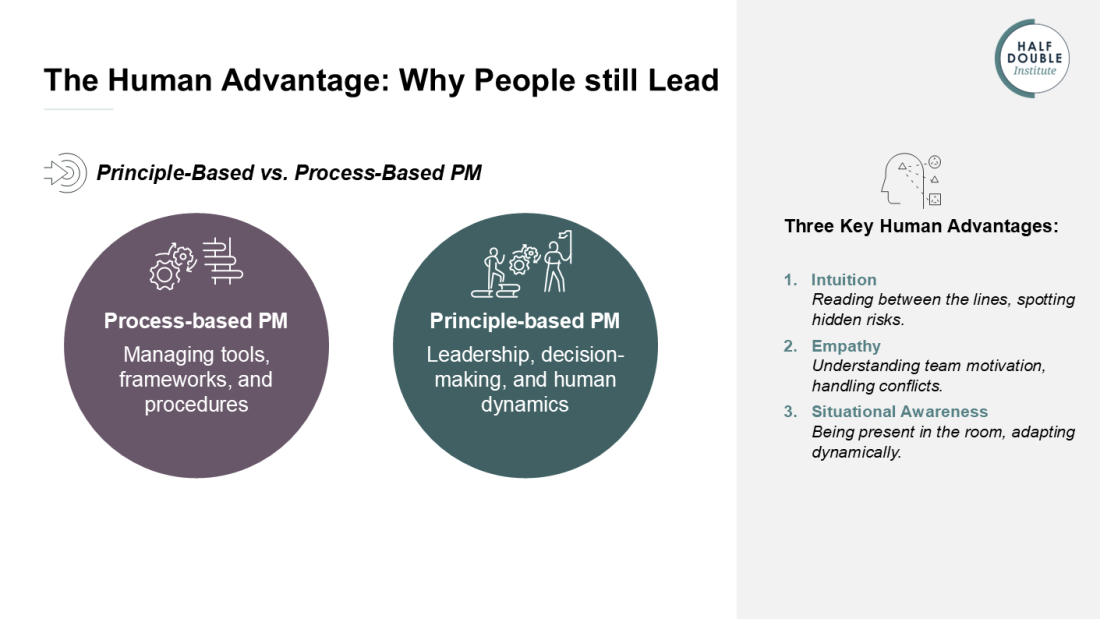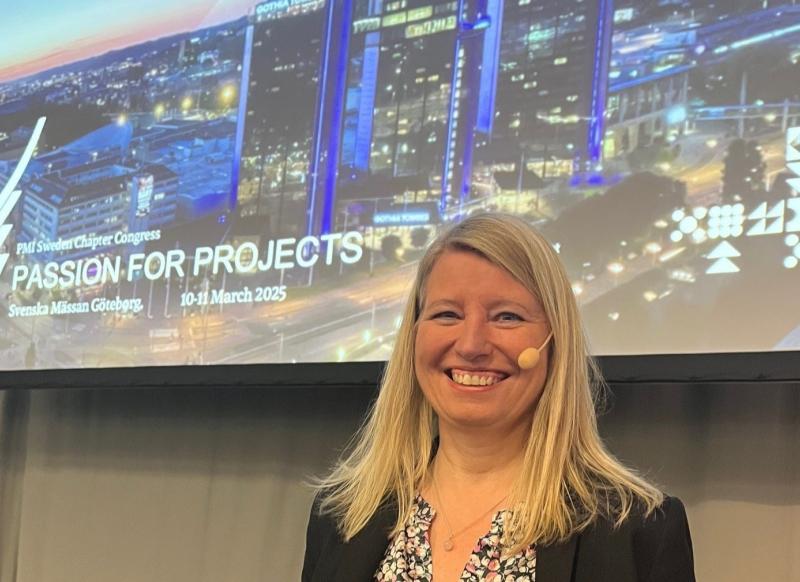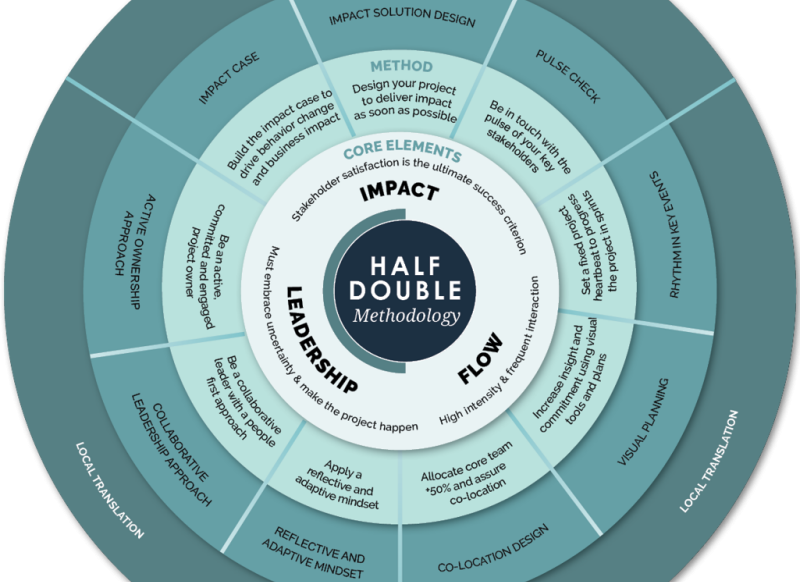AI Can Assist, But It Can't Replace Human Leadership
With AI tools like Cop-Pilot, Atlassian's AI solutions, Wrike, and Taskade automating scheduling, resource allocation, documentation, and risk analysis, you might fear that, as a project manager, you’ll soon need to look for a new job.
But take a breath.
While AI excels at handling structured tasks, it still lacks the ability to grasp complex human dynamics, foster motivation, or navigate the nuances of stakeholder relationships. Successful project execution isn’t just about efficiency—it’s about inspiring people, managing uncertainty, and enabling collaboration.
The ability to lead with empathy, make nuanced judgment calls, and handle complex human interactions remains uniquely human—and incredibly valuable.




